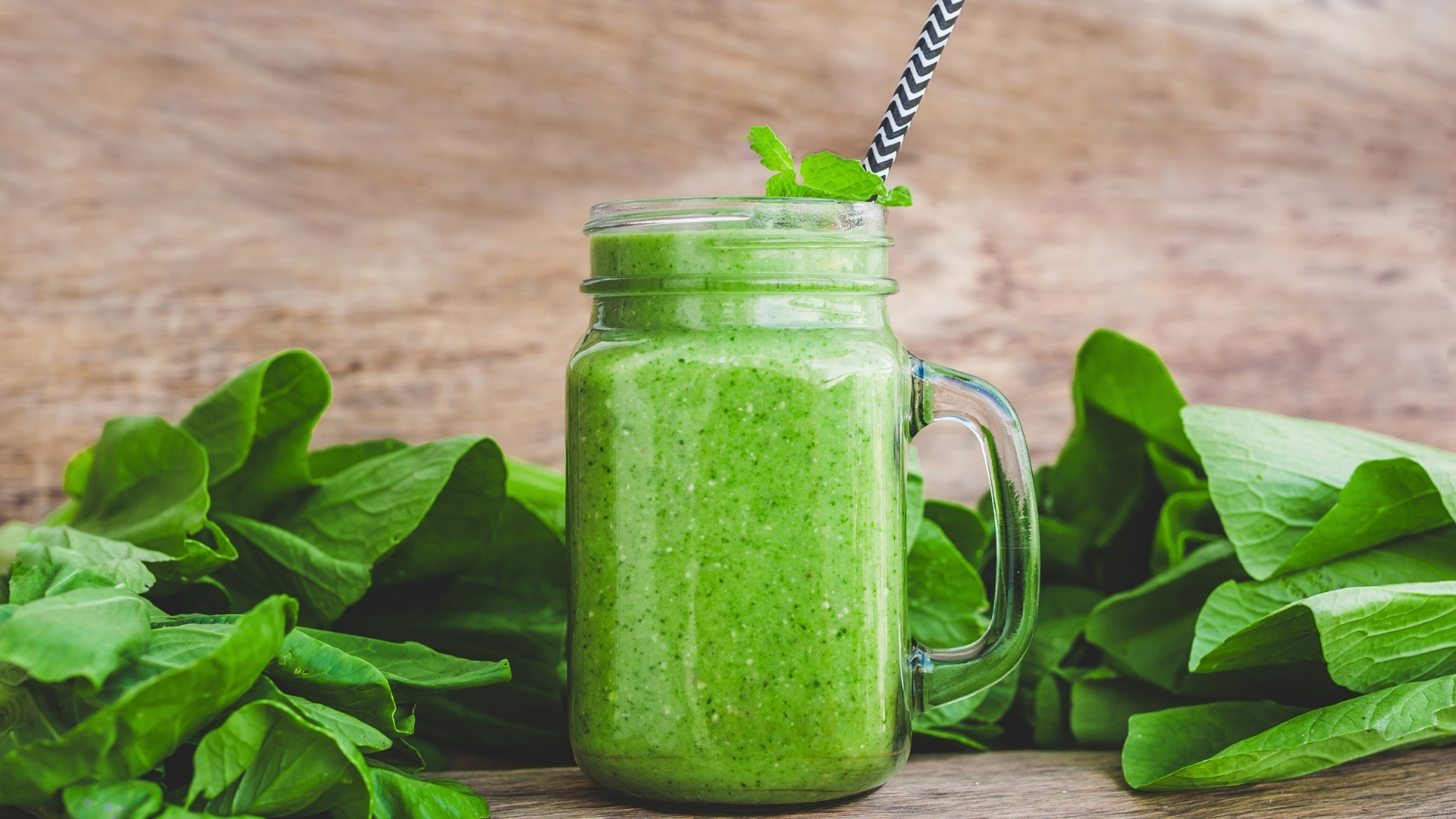
Spinach, a leafy green vegetable, is packed with essential vitamins, minerals, and antioxidants that offer numerous benefits for the skin. Whether consumed in the diet or applied topically, spinach can help nourish and rejuvenate the skin, making it look healthier and more radiant. Let’s delve into the key benefits of spinach for skin health in detail.
Table of Contents
1. Rich in Antioxidants
Spinach is a rich source of antioxidants, which play a crucial role in protecting the skin from oxidative stress and environmental damage. Some of the key antioxidants in spinach include:
- Vitamin C: This vitamin is essential for collagen production, a protein that maintains the skin’s firmness and elasticity. Collagen helps to prevent the appearance of wrinkles and fine lines, promoting youthful-looking skin.
- Vitamin E: Vitamin E acts as a powerful antioxidant, shielding the skin from harmful UV rays and free radicals. It helps to reduce signs of premature aging and promotes the healing of damaged skin.
- Beta-carotene: A precursor to vitamin A, beta-carotene is another important antioxidant found in spinach. It protects the skin from damage caused by the sun, pollution, and aging, while also contributing to a healthy skin tone.
These antioxidants help to neutralize free radicals, reduce inflammation, and improve the overall health and appearance of the skin.
2. Hydration and Detoxification
Spinach has a high water content, which is vital for maintaining skin hydration. Proper hydration is essential for healthy, glowing skin, as it helps to keep the skin supple and prevents dryness, flakiness, and dullness. Consuming spinach regularly can help keep the skin well-hydrated from the inside out.
In addition to hydration, spinach is known for its detoxifying properties due to its chlorophyll content. Chlorophyll is a natural detoxifier that helps cleanse the body by removing toxins and impurities. This purification process contributes to clearer, more radiant skin by reducing the likelihood of breakouts and skin inflammation.
3. Anti-inflammatory Properties
Spinach is rich in anti-inflammatory compounds that help soothe irritated skin and reduce redness and swelling. This makes it particularly beneficial for individuals with sensitive skin or skin conditions such as acne, eczema, and rosacea. Some of the anti-inflammatory components in spinach include:
- Omega-3 fatty acids: Although spinach contains small amounts of omega-3 fatty acids, they help reduce skin inflammation, promoting a more even skin tone and calming irritation.
- Flavonoids: These compounds help combat inflammation and protect the skin from damage caused by harmful external factors like pollution and UV rays.
The anti-inflammatory properties of spinach can help improve the appearance of the skin by reducing redness, puffiness, and other signs of irritation.
4. Improves Skin Tone and Brightness
Spinach is rich in vitamin K, which plays a role in improving blood circulation. Improved circulation leads to better oxygen and nutrient delivery to the skin, resulting in a more radiant complexion. Vitamin K also helps reduce dark circles and skin discoloration by minimizing blood clotting under the skin, which is one of the causes of dark under-eye circles.
Additionally, spinach is a good source of iron, a mineral that helps oxygenate the skin and promotes a healthy glow. A diet rich in spinach can lead to a more even and bright skin tone over time.
5. Promotes Skin Healing
Spinach contains zinc, which plays a crucial role in skin healing and repair. Zinc helps regulate sebum production, reducing the chances of clogged pores and acne breakouts. It also speeds up the healing process of wounds and blemishes, making it an important nutrient for those prone to acne or skin injuries.
Furthermore, the high content of vitamin A in spinach is essential for cell regeneration. It helps repair damaged skin tissues and promotes the growth of new, healthy skin cells, making the skin look smoother and clearer.
6. Prevents Premature Aging
Spinach is rich in folic acid and other B vitamins, which promote DNA repair and regeneration of skin cells. Folic acid helps reduce skin damage caused by environmental factors such as UV rays and pollution. This can slow down the signs of aging, such as fine lines, wrinkles, and sagging skin.
Another key component in spinach is coenzyme Q10, an antioxidant that helps maintain youthful skin by preventing the breakdown of collagen and elastin, two proteins that are essential for skin firmness and elasticity. Regular consumption of spinach can help slow down the aging process, keeping the skin looking youthful and fresh.
7. Fights Acne and Breakouts
The high levels of vitamin A and zinc in spinach help regulate oil production in the skin, preventing clogged pores that can lead to acne. The vitamins and minerals in spinach also help reduce inflammation and fight bacteria that contribute to acne breakouts. Spinach's antibacterial properties further help in preventing and treating acne-prone skin.
Spinach is a versatile and nutrient-dense vegetable that offers a multitude of skin benefits. Its antioxidants protect the skin from damage, while its vitamins and minerals promote hydration, healing, and anti-aging. By incorporating spinach into your diet or skincare routine, you can achieve clearer, more youthful-looking skin.




Leave a Reply
You must be logged in to post a comment.